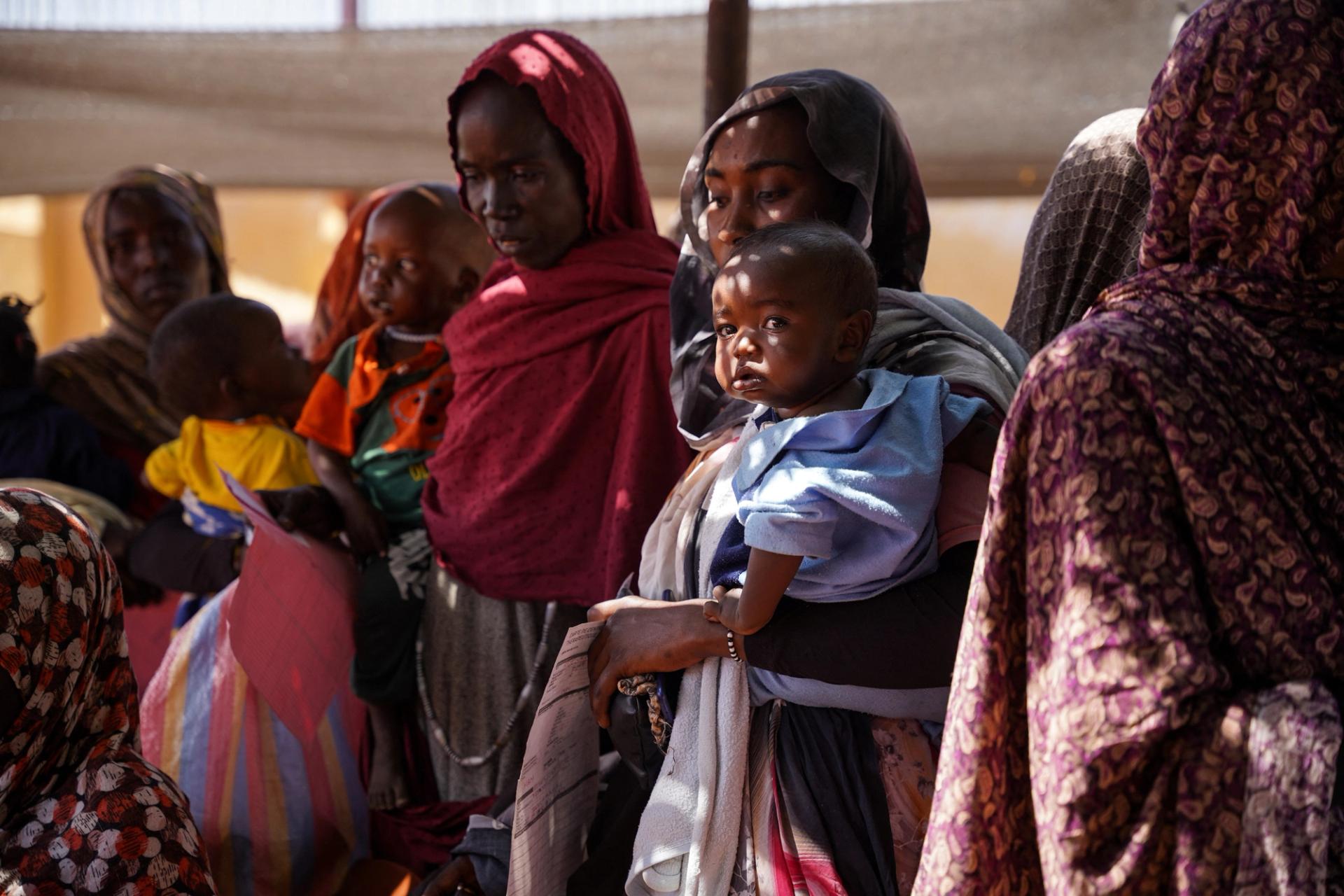Semafor Signals
Supported by
Why Sudan’s war could trigger ‘the world’s largest hunger crisis’
Insights from ReliefWeb, the Sudan Tribune, and Clingendael

The News
The United Nations World Food Programme chief has warned that the escalating war in Sudan risks creating “the world’s largest hunger crisis,” as aid agencies struggle to reach civilians trapped by fighting.
More than 25 million people across Sudan and its neighbors South Sudan and Chad — where many Sudanese have fled — are “trapped in a cycle of food insecurity” since conflict erupted last April between the Sudanese Armed Forces (SAF) and the paramilitary Rapid Support Forces (RSF).
SIGNALS
Poor crop harvest will exacerbate a potential famine
Farmers have struggled to plant crops since the onset of the war, adding to the risk of famine. In June, Reuters revealed that farmers have been unable to obtain supplies or sell at markets, while warehouses with fertilizer, seeds, and pesticides have been plundered. “Fuel is sold on the black market and prices went up 300%. Unfortunately all of this indicates the failure of the planting season,” a farmer said. Humanitarian information service ReliefWeb’s analysis supported these testimonies: There has been a decrease in vegetation levels in Khartoum and areas with large-scale industrial farms, which could indicate “that agricultural activity has been severely disrupted by hostilities in the capital,” it said. The Netherlands-based research institute Clingendael predicts that starting this June, Sudan will face severe hunger levels, as 40% of the population will have access to less than half of their daily energy requirements.
Cross-border humanitarian aid has met setbacks
Aid agencies have faced repeated looting, permit suspensions, and border closures crossing into Sudan. Although the Sudanese Foreign Ministry announced that a critical route into North Darfur from Chad would reopen this week, multiple humanitarian groups told ABC News that the ministry halted deliveries due to a fear of cross-border arms trade by the RSF. Meanwhile, escalating attacks on ships by the Iran-backed Houthis in the Red Sea have also hindered supplies. “Shipments that took one or two weeks, maximum, now take months to reach us,” an International Rescue Committee director in Sudan said. Now in Sudan “it’s the communities themselves that mainly support each other, not international donors,” a Sudanese researcher told El País. Local aid efforts such as youth-driven emergency response rooms, a decentralized network of neighborhood volunteer groups, have initiated communal kitchens and aid distribution.
The conflict has become a hotbed for foreign involvement
“The front line in the war between Ukraine and Russia now extends into Africa,” The Wall Street Journal reported this week. According to the outlet, “sending troops to Africa is an audacious new venture” by Ukraine “to disrupt Russia’s military and and economic operations abroad, make the war more costly for Moscow, and position itself as a bulwark against Russian incursions, including in regions where the West has been reluctant to get directly involved.” Both Russia and Ukraine have supplied arms to the warring sides and taken an interest in Sudan’s gold mines. Iran has also bolstered ties with the Sudanese military to project power in the Red Sea, sending attack drones to Sudan, Semafor reported earlier. Ukrainian President Volodymyr Zelensky is reportedly soon planning to visit Africa with plans to boost the number of Ukrainian embassies on the continent, the Africa Report wrote.
